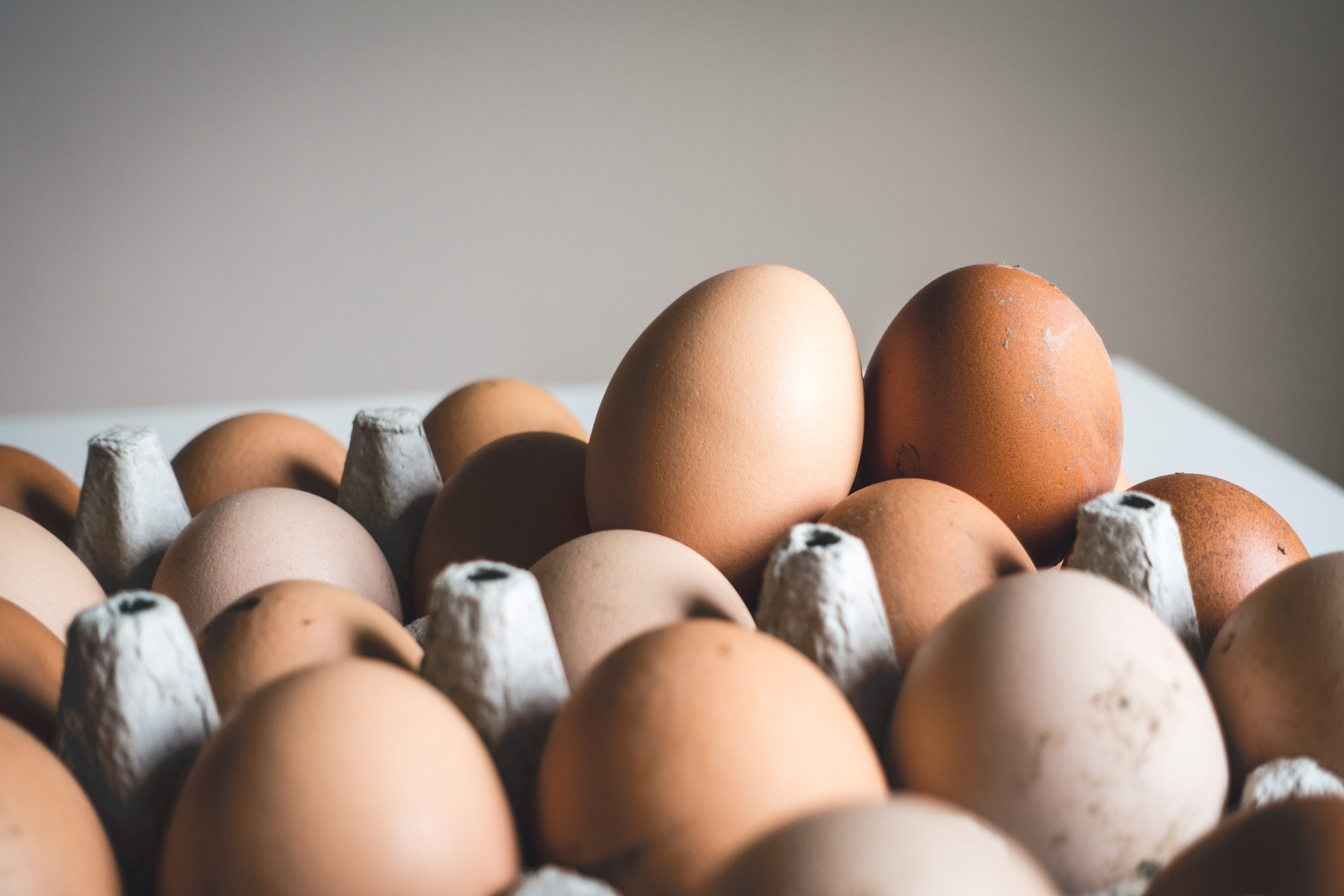




Ever wondered how many animals you can save by going vegan? Veganism is growing in popularity as more people become aware of the cruelty of factory farming

Veganism is growing in popularity as more people become aware of the cruelty of factory farming and the environmental issues around animal products. But you might wonder: how many animal lives can I actually save by going vegan?
Global meat consumption
The average person in the UK consumes anywhere up to 10,000 animals in a lifetime. Globally, billions of animals are slaughtered for food every year. Around 2 trillion fishes are slaughtered for food by humans each year, including up to around 167 billion farmed fishes. Chickens are slaughtered in greater numbers than any other land animal, the most recent estimate putting the scale at 50 billion chickens per year.
Over the last 50 years, the global population has more than doubled, but the number of animals slaughtered for food has more than tripled. This means that we, as a global population, are eating more meat than ever before. This doesn’t just result in a drastic increase in animal suffering, it’s also negatively impacting the environment through water waste and factory farm emissions.
So, it’s clear that by reducing the number of animals we eat, we can do a lot of good. We can reduce the number of animals slaughtered for food, reduce the amount of water waste, and reduce factory farm emissions.
But often the question for people who are considering going vegan or reducing their meat intake is not about the global impact, but the personal one. It’s common to wonder: how many animals can I save by going vegan?
How many animals can you save by going vegan?
It’s estimated that going vegan saves on average one animal per day (many of these being smaller animals such as fishes).
If that’s the difference a vegan makes in one day, imagine the number of animals that are saved every month, every year, or over the course of a lifetime simply by choosing a vegan diet.
That’s around 30 animals a month, 365 animals a year, and thousands of animals in a single human lifetime.
Not only that, but in a single month of being vegan you’d also, on average, save 273 kg of CO2 emissions, 84 square metres of forest, and 125,000 litres of water.
You may not be able to directly see the impact of your diet choice, but looking at those numbers it’s clear. By going vegan you can personally save the lives of thousands of animals by simply choosing plant-based over meat options when you eat.
If you’re interested in exploring the stats further, you can calculate your impact from going vegan at this link.
How does a vegan diet save animals?
Another common question is: how exactly does a vegan diet save animals?
It’s true that one person choosing to go vegan probably won’t reduce the number of animals being slaughtered for food, or at least not immediately. But it does have a direct impact.
If one person going vegan means that hundreds fewer animals will be eaten each year, then the demand for meat will start to decrease. Although the global population of vegans currently amounts to just 1% of the total population, this still adds up to approximately 79 million people. So, if one vegan reduces the demand for meat by hundreds of animals in a year, just imagine how many animals 79 million vegans would save in one year.
Therefore, over time, due to the reduced demand for meat, as well as the increased demand for plant-based products, fewer animals will be raised and slaughtered for food.
Are animals really saved, or are fewer born?
Somebody might argue that going vegan doesn’t really save animal lives, but merely results in fewer animals born into the factory farm system.
This is true - due to the current intensity of factory farming, more animals are being born today than ever before. The high turnover (short lives and high frequency of slaughter) of animals in factory farms means that the majority of animals in these systems are destined for a short and painful existence before being slaughtered.
A reduced demand for meat will therefore result in fewer animals needing to be born into factory farms. So perhaps going vegan doesn’t really save animal lives but merely prevents animals from being born into the factory farm system. But this still results in fewer animals slaughtered, which means that lives have been spared from painful existences and cruel deaths.
How can we save more animals?
The most impactful change you can make for the animals, as the above statistics suggest, is choosing to follow a vegan diet.
However, you can also volunteer with animal protection organisations to raise awareness of the cruelties of factory farming and to campaign to end animal suffering on farms.
You can help us in our mission by signing up to receive our emails and taking simple online actions to end the abuse of animals raised for food.

 Abby Jade Sarfas
Abby Jade Sarfas






